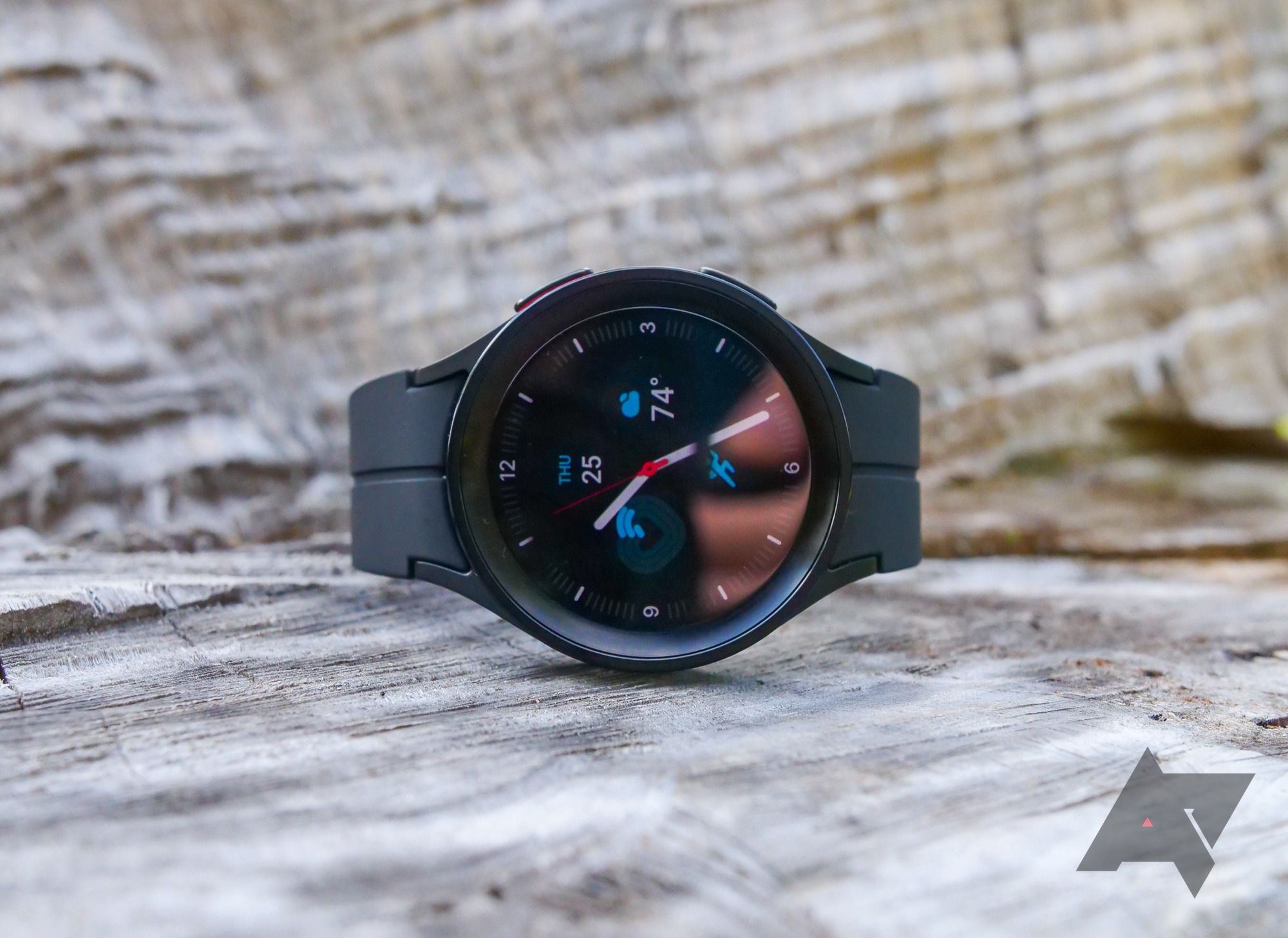Earlier this month, the European Union successfully gave USB-C's biggest holdout, Apple’s Lightning connector, a 2024 deadline for transition to the standard everyone else uses. Now, one of the world’s largest consumer electronics markets could follow suit, as the Indian government plans not only its own mandate for smartphones to support USB-C, but could also be mulling over a similar charging standard for wearable devices.
The Bureau of Indian Standards (BIS) has been in the news for a few months now, considering the switch to USB-C for the same sort of reasons as the EU — consumer interests and reducing e-waste. Secretary to the Department of Consumer Affairs, Rohit Kumar Singh, told PTI that the BIS could insist that all upcoming wearables ship with support for a standard charging solution (via SamMobile). Products which would be affected by this change include smartwatches, fitness trackers, wireless earbuds, and headphones.
Even when we're just looking at smartwatches, there are already plenty of different approaches to charging. Some use pogo pins, and others use wireless induction, but there are a few commonalities, like the use of magnets to secure things in place. Presently, Indian market regulators haven’t revealed the exact solution they have in mind for wearables, but it likely won't stray far from the sort of wireless charging tech supported by popular watches like the Galaxy Watch 5 series or the Apple Watch.
At least, we'd be very surprised to see a wholly novel approach to wearable charging, since any big deviation from existing standards could get very expensive to implement, likely leading to manufacturer pushback. Smaller changes could be an easier pill to swallow for the collective good, and hopefully that's the case with the mysterious new standard.
Although a standard means consumers can use one charger for everything, the transition for most consumers will not be immediate, and it could take a few years for older devices to be phased out. We aren’t hearing anything about timelines just yet, but more governments following in the footsteps of the EU to mandate charging standards seems like a step in the right direction.

